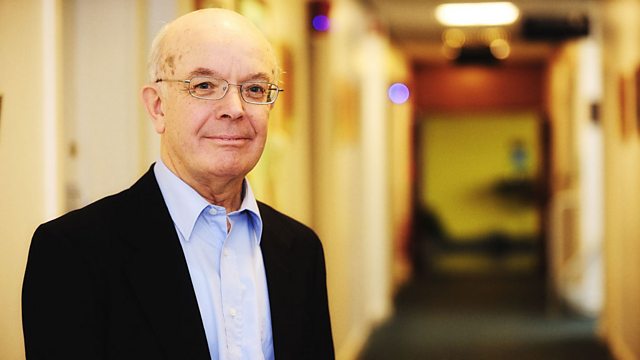
Agreeing to Disagree
Roy Jenkins examines the role of religion in recent events, which have had religious disagreement claimed as a cause, and asks how people can agree to disagree over divisive views.
Last weekend, many thousands across the country were marking the anniversary of the killing of the MP Jo Cox. They were celebrating not least the words from her maiden speech: "we are far more united and have far more in common than that which divides us". Yet within hours, an attack by a man from Wales on Muslims leaving a London mosque provided another horrific reminder that there are those who actively want to feed division.
In many recent terrorist atrocities, religion is seen as a significant element, however distorted. Those responsible are more interested in fostering division than unity, rejecting any principle that on most things we should simply agree to disagree, and get on with life.
Meanwhile in another area, Tim Farron appears not to have been allowed that luxury, as privately held religious views were deemed as incompatible with leadership of a liberal political party. What, then, can agreeing to disagree mean? How can freedom of conscience be maintained, alongside the freedom not to be victim of terrorist atrocity. And what part does compromise have to play?
Joining Roy to discuss the issues are:
Lord Murphy of Torfaen, who served two periods in Northern Ireland, one as secretary of state, and was also twice secretary of state for Wales.
Shereen Williams, Director of Projects and Strategy for the Henna Foundation, the Welsh-based charity committed to strengthening families within the Muslim community
The Rev Dr Karen Smith, specialist in church history and Christian spirituality at Cardiff University and the South Wales Baptist College.
Last on
More episodes
Previous
Broadcast
- Sun 25 Jun 2017 09:03Βι¶ΉΤΌΕΔ Radio Wales
Podcast
-
![]()
All Things Considered
Religious affairs programme, tackling thorny issues in a thought-provoking manner

